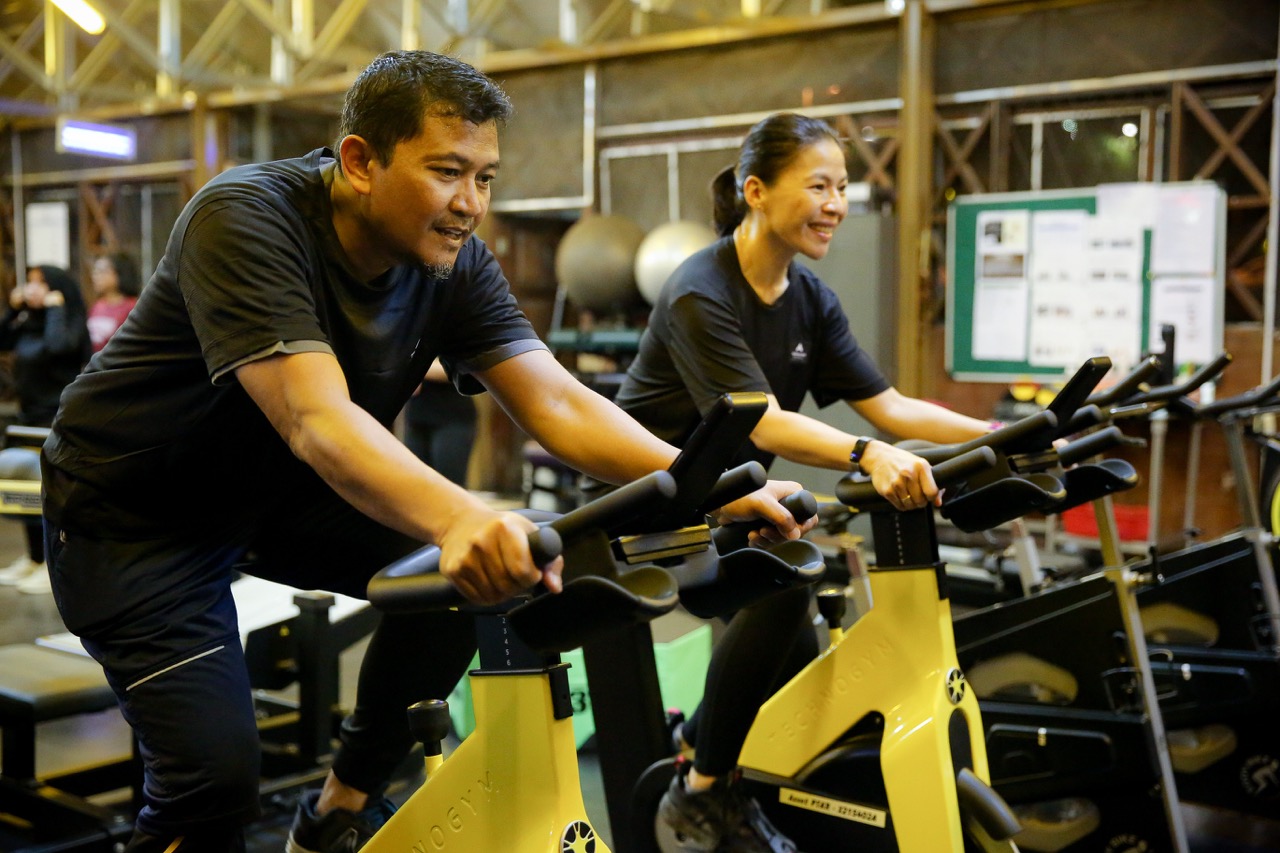Fasting during the month of Ramadan is as much a mental challenge as it is a physical one. But there are so many health benefits of fasting that have been backed by science, such as:
- Removes toxins from the body
- Helps in fighting inflammation
- Improves blood pressure and cholesterol levels
- Nurtures brain function and prevents neurodegenerative disorders
- Promotes weight loss by limiting calorie absorption
- Increases mental wellbeing
But fasting alone is not enough for you to stay fit and healthy. You still need to pay close attention to your body during this phase where there’s a drastic change in your eating habits. This means that you need to make sure that you get proper nourishment between Iftar and Suhoor.
Read Also: Safety Diets Tips for the Healthy Body of Mining Workers
Listed below are three tips on how you can stay strong, healthy and energetic during 30 days of fasting:
- Eat and drink right
Eating and drinking right keeps you healthy throughout Ramadan. It also gives you the fuel you need to sustain your energy throughout the day.
- Don’t skip suhoor. Prepare a meal with well-balanced nutrition that contains complex carbohydrates like oats, wheat, grains and lentils; high-fibre products like bran, figs, seeds, potatoes, cereal, and dates; and protein-rich products include dairy foods such as cheese and yoghurt, fish with a high count of omega 3 and 6 (mackerel, shrimp, salmon), meats, and beans like soybeans.
- Eat slowly, and in amounts appropriate to the needs. Big meals cause heartburn and discomfort.
- Eat at least 7 servings of fruits and vegetables, especially those that have a high amount of water content like cucumber, watermelon, papaya, oranges, spinach, or tomatoes. You can choose either to eat them raw or mix them up in a juicer and drink it up.
- Prepare soups for Iftar. After a long day of fasting and on an empty stomach, you are advised to consume soothing and warm dishes, like soups. Soups can easily be digested by your body and can fill up your body with fluids as well as provide the much-needed vitamins and minerals.
- Drink enough water at least 8-12 glasses of water a day between Iftar and Suhoor, but don’t drink it all at once. Your body needs time to absorb all that liquid.
- If you need the extra boost, take your vitamins and supplements.
- Do the right workouts
Whether you’re someone who works out regularly or not at all, Ramadhan affects your energy levels and how your body functions. If you would like to continue or even start working out during the fasting month, doing the right exercises is key to ensuring you do not overexert yourself.
- Beginner: Focus on simple activities such as standing or walking. Standing up can burn up to 50 calories per hour. You can also burn calories by walking more during the day with the target of 10,000 to 15,000 steps per day.
- Beginner to Intermediate: Focus on low-intensity steady-state exercises such as 30-40 minutes of brisk walking, or jogging, running, and cycling. It is suited for fat burning in the hour before breaking the fast or Iftar.
- Intermediate to Advanced: Focus on high-intensity interval training (HIIT). Spending 20 minutes on HIIT is just perfect during Ramadan.
- Listen to your body
Our bodies function differently during Ramadan. Additionally, we may have different commitments during this special month. Feel free to adjust your activities so you are not overworking your body and your time.
- If you’re tired, don’t push it. Take a break.
- Don’t forget to get enough sleep. The month of Ramadan is characterized by an increase in daytime sleepiness since we have woken up earlier to eat suhoor. Taking a nap of 15–45 min will have a positive effect on physical performance
Staying healthy during Ramadan is important so that you can always be with your loved ones during this extraordinary month. Stay fit while fasting!







